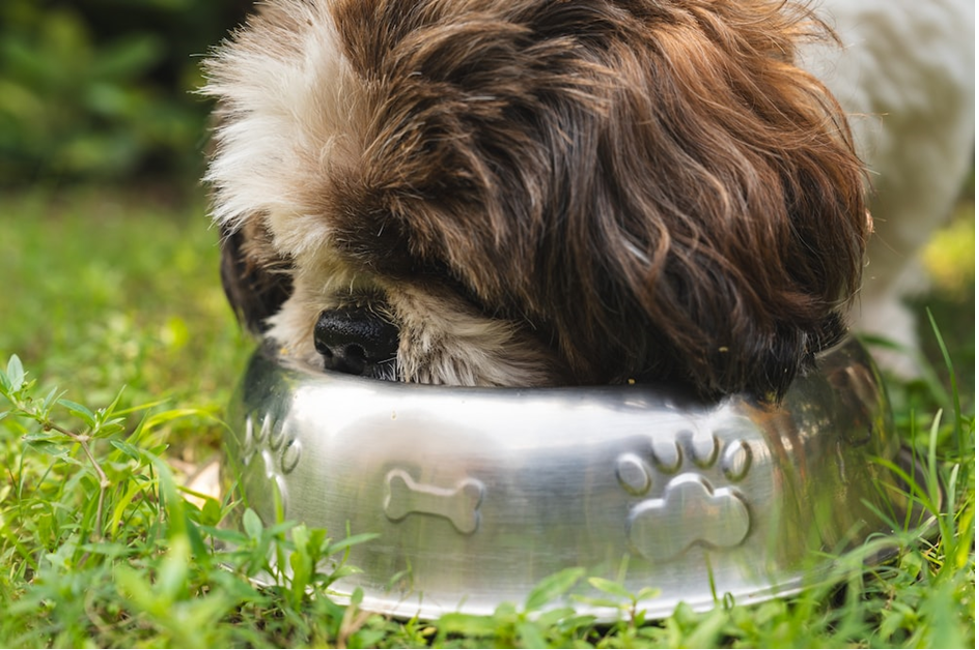Table of Contents
 Picture: Gayatri Malhotra
Picture: Gayatri MalhotraNo dedicated pet owner ever sets out to do their pet a disservice. Their actions regarding their pets’ health or behavioral needs are with their best interests in mind. However, that doesn’t mean even the most experienced pet owner is above making mistakes. Many owners of dogs with allergies make these common mistakes:
Self-Diagnosing Food Allergens
While there’s no harm in researching food for dogs with allergies when you suspect an allergy, you can’t assume that a particular ingredient is to blame right away. Dogs can experience allergy-related symptoms for many reasons, like parasites and their environment.
By jumping to conclusions without having all the facts, you risk making misinformed healthcare and dietary decisions that might make your dog even more uncomfortable than they were before.
Not Seeing a Veterinary Professional
We are spoiled for choice regarding food options for dogs with allergies. Both physical and online businesses offer many different raw and packaged foods, with major food groups excluded for your pets’ health and well-being.
However, before adding new food to your shopping cart, ensure you’ve booked your dog in at your local vet clinic to see a veterinary professional. They can perform tests to identify specific allergens and provide helpful advice for managing them. When you know what your dog is allergic to, you can go full steam ahead with purchasing food that doesn’t contain those particular ingredients.
Not Completing An Elimination Diet
Elimination diets are one of the most valuable tools in a veterinarian’s arsenal. They are often more effective at diagnosing cat and dog food allergies than testing blood, saliva, and skin. In a study assessing owners on the diagnosis and treatment of canine food allergies, 32.97% said a food elimination trial was used as a diagnostic tool.
Knowing its effectiveness, you might be surprised to learn that not completing an elimination diet is a common mistake pet owners make when trying to identify the cause of a food allergy. Most vets recommend that pets not be given the following during their trials:
● Table scraps
● Chew toys made with animal products
● Parasite preventatives
● Treats for administering medication
● Toothpaste with added flavor
● Medications
After a strict elimination diet is gradually introduced over a seven-day period, pet owners should have an idea of the protein or carbohydrate causing their pet’s discomfort and can make more informed food choices.
Using Inappropriate Products
When you see a pet product marketed towards animals with allergies, you might assume it’s suitable for your dog. After all, it says that it’s for dogs like yours. However, not all over-the-counter products like shampoos and topical treatments will help your pet with their symptoms.
If you’re struggling to manage your dog’s symptoms, like hives, rashes, and hot spots, check in with your local vet. They have your pet’s entire history to work from and know the most suitable products to alleviate pain and discomfort.
You might not mean any harm when you try different solutions to manage your pet’s allergies. However, that doesn’t mean all actions you take are helpful. With veterinary advice and allergy-friendly pet food, your dog might start living life to the fullest once more.
